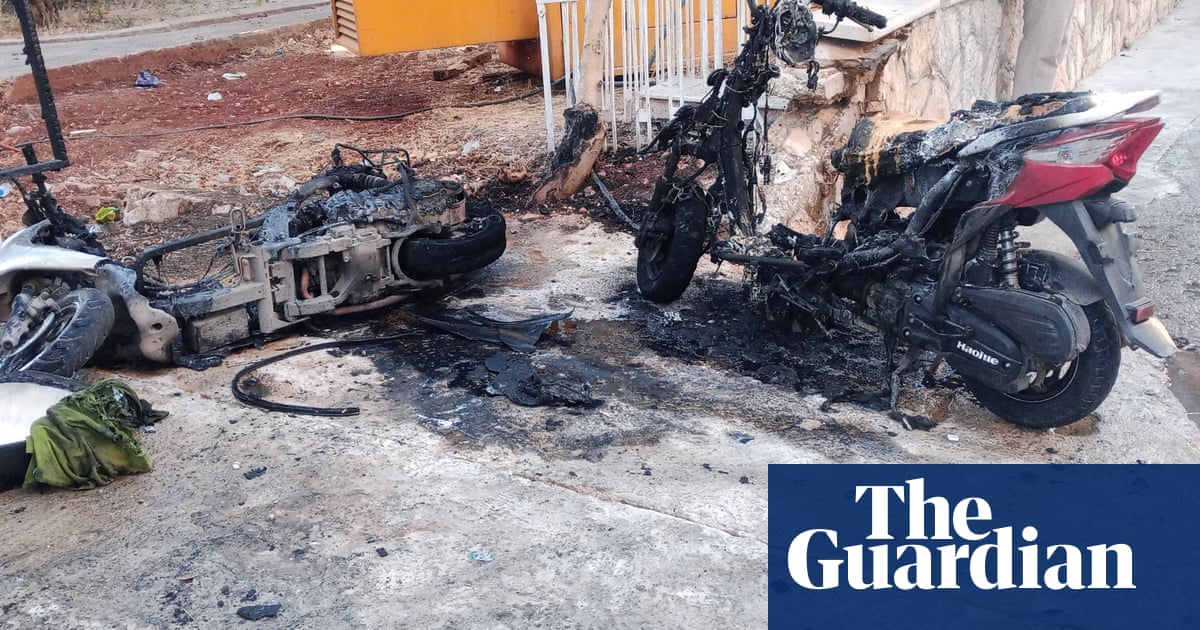On Tuesday, William Christou, a journalist reporting from Beirut for the Guardian, began hearing about simultaneous explosions across the city. Then videos began to emerge of small blasts in shops, cars and people’s homes. The death toll began to rise. Then came the extraordinary reason: electronic pagers, used by members of Hezbollah to communicate, had blown up, wounding their owners and whoever was nearby.
Israel was blamed by its critics and supporters alike and questions multiplied: how could such an attack have been carried out, and why now? Israel and Hezbollah have been trading attacks over the Lebanese border since the beginning of the war on Gaza, but this operation took everyone by surprise. Then came more deadly explosions – this time walkie-talkies blew up.
On Thursday, the head of Hezbollah vowed to take revenge. Human rights groups and the UN condemned the killing of civilians, and Israel carried out further strikes on Lebanon. Michael Safi asks Julian Borger, the Guardian’s world affairs editor, what the strategy was behind such an eye-catching and deadly attack?
Photograph: Xinhua/REX/Shutterstock
Support The Guardian
The Guardian is editorially independent.
And we want to keep our journalism open and accessible to all.
But we increasingly need our readers to fund our work.

